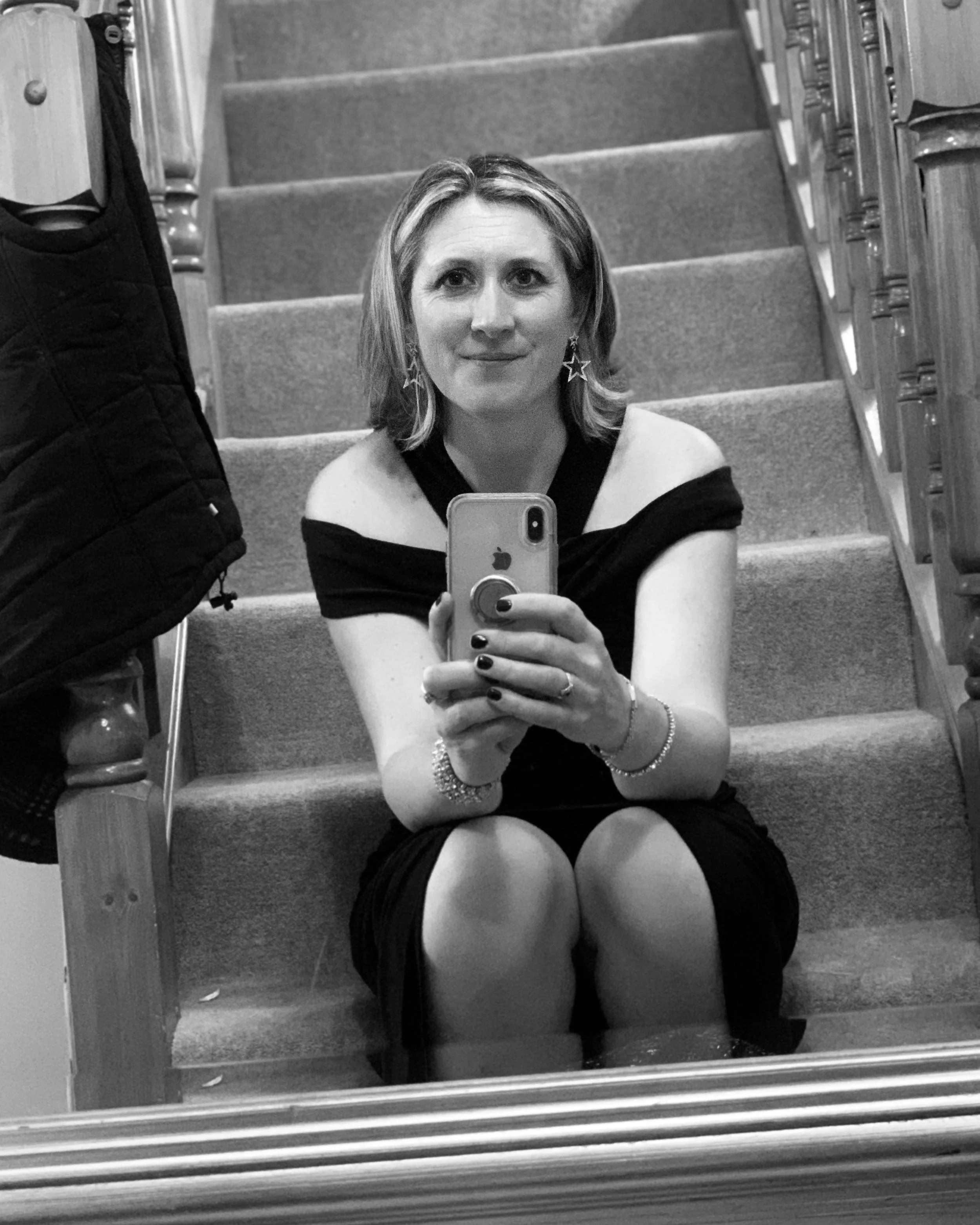Military widows’ loneliness workshop
A widow’s eye-opening penny drops for me!
It was a joy to travel on the train into London and to walk out of Liverpool Street in the shadow of the Gherkin to a conference room where tables were humming with the voices of people from a variety of organisations who support military widows. WAY (Widowed and Young) had asked me to join them in London for a workshop run by Northumbria University on “Military Widows Experiences of Social Isolation and Loneliness”. The aim of the day was to hear an overview of their research and to feedback into it in order that they could develop some solutions to these issues. Sipping a much-needed coffee I found my seat and listened to the project overview.
Subjective vs Objective definitions
A workshop to help others that hugely helped me
The day opened with a fascinating distinction between loneliness being described as subjective, and social isolation being labelled as objective. I had never previously thought about how social isolation focuses on the integration of a person in an environment, whereas loneliness relates to how the individual feels within themselves. It was the beginning of an eye-opening day and I shall share my personal widow’s lightbulb moment at the end of this article!
Categorisation of Widowhood
The first half of the day focused on the feedback from military widows about the assumptions and perceptions of military and war widows, and in particular the assumption of elderly military widows which puts younger widows off joining the various military associations. What was comforting was to talk to other widows about the difficulty that they also felt about accepting the definition of “war widow” when their spouse died in service but not in battle and the perception that some widows have about how their experience compares to others.
Within this discussion was included the views on new relationships and remarriage, notably the fact that grief never leaves a person and therefore they feel the benefit of maintaining the definition of widow and the support networks after the start of a new relationship. A controversial question of the concept of heirachy in cause of death as well as rank and how that links into military widowhood was explored which actually gave me goosebumps because I believe that death is the most traumatic life experience for any of us, regardless of how it happens.
Accessing Services
After lunch we heard about the project’s findings on the availablility of services ranging from formal services through the government, Ministry of Defence and Veterans organisations with a resounding agreement that the role of the Visiting Officer and the help from Welfare is huge but there is a complexity with regards to the time it is available for given the fact that there is no time limit for grief. There was feedback on the role of the peer support agencies such as the various Military Widows’ Associations and lots of discussion about the services advertised through the “Purple Pack” that signposts military widows to other organisations.
The discussions based around what services exist to support social connection and reduce loneliness and the barriers to accessing these services, as well as an enquiry about how to take all this information forwards to better help military widows in the future. It will be fascinating to see how these ideas are developed going forwards and I truly hope that I will be asked again for any future discussions about a topic that I believe goes to the heart of the emotions of a bereaved person.
Is the limitations of the ‘widow’ label self-imposed?!
My Personal Revelation
As I sat on the train on the way home one thought bounded around inside my head… the concept of whether something is subjective or objective. In particular I dwelt on the social construction around being a military widow and what that has meant for me. The fact that for years I struggled to fit in and find my “tribe”. The penny dropped that a connection had broken between me and some of my other military spouses because they were fortunate enough to have not been through a bereavement and I would not wish a young widowhood on anyone. In the years after my late husband died I also struggled to fit in with civilian young widows, because I felt they did not “get it” when it came to the secondary loss of the military life that have been so much a part of me for so many years.
As the countryside flew by I realised… perhaps this “dropped connection” was internal to me. Perhaps I was excluding myself. I wondered what it would be like to realise that society labelling me as a military widow did not have any of the baggage that I had. The realisation hit me that a reframe inside my own mind was necessary in order to ensure that I moved away from a place of loneliness and social isolation and reintegrated into the world around me. It is a world that had no concept of the barriers I had created and is one that is full of hope, possibility and joy – so long as I reach out to it!
Emma’s thoughts…
Reach out for help if you have a mental block inside you: The most courageous thing is to ask for help.
Loneliness is subjective: We may feel lonely but we are not alone – there are people who want to help, understand and get to know us.
We are social creatures: Life is happier when we spend time with people who understand but we need to talk and open up because people cannot read our minds.
It’s good to talk: If you need help deconstructing or unlearning an unhealthy concept counselling and coaching can help you find hope and joy.
Loneliness is not caused by others,
It is when your mind tells you that nobody cares about you.


